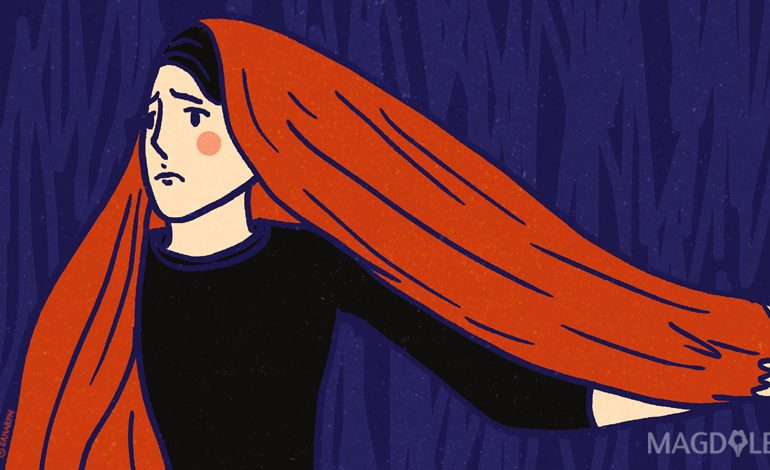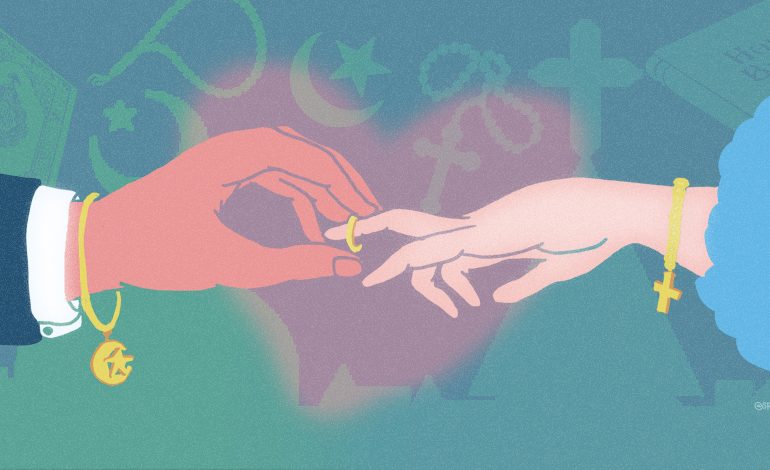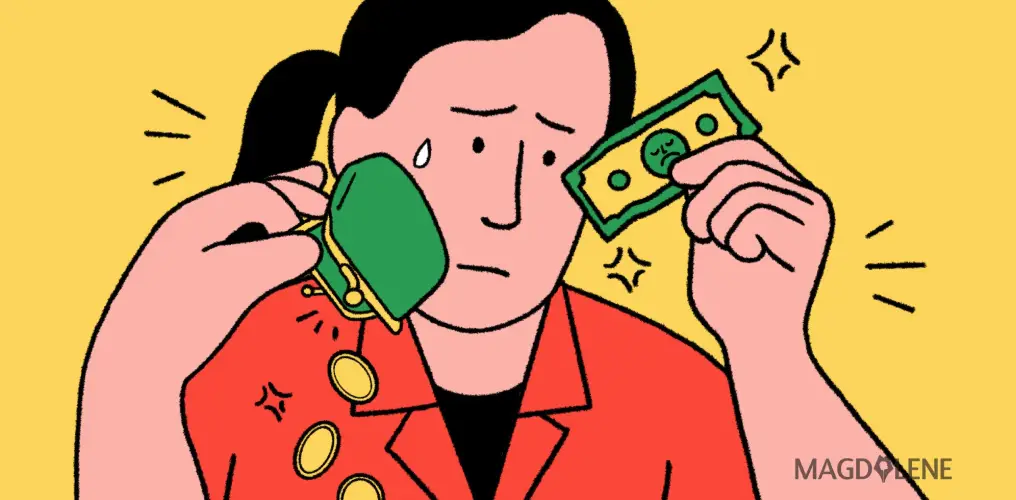My Conservative Asian, Muslim Upbringing and Ending the Generational Curse

When I think about what has shaped me into the person that I am today, I think about the child I was who wanted so desperately to be loved. I grew up in a conservative Asian and Muslim household where love, the verb, was not something I was taught explicitly how to do. In a typical conservative Asian and Muslim household, the parents are strict and have an odd way of showing their children that they love them. Asian parents are also obsessed with controlling their children’s lives, and in conservative Muslim households, parents would use religious duty to control their children.
Though my personal experiences with this upbringing have not come under the extreme cases, this does not mean that I was exempt from healing. I was not fully aware that I carried trauma from my childhood until I read a book which helped me realise that I needed to start healing, and that I was not alone in needing to heal. The book that transformed my perception and life is a book written by bell hooks, “All About Love: New Visions”. The entire contents of the book have stayed with me; this was one of those books which spoke to me because the author found words that I longed to say but never knew how until I read. However, the chapter that struck me the most was one on childhood.
“Justice: Childhood Love Lessons” is the second chapter, in which bell hooks describes how our upbringing shapes our understanding of love. There are two sides of the spectrum: on the one side children are disciplined to the point that they are led to believe punishment can be a form of love. On the other hand there are children whose desires are consistently met, therefore are taught that love is something that is given to them, not something they need to give.
I relate to the former side of the spectrum, and I found that other friends of mine who also had a conservative Asian and Muslim upbringing could relate with this too. “I’m doing this because I love you” and “this hurts me more than it hurts you” are phrases that have been said by both my parents at some point right before I was punished for doing something naughty in their eyes, and it confused me to no end as a child.
I will be very clear in stating that I was never routinely beaten by my parents, but I shared stories of being punished with my friends in school who also had strict parents. We would laugh together when we found that our parents tended to go from zero to a hundred; there was something comical to a child witnessing adults act like that. I am glad that we got to see the humour despite it coming from a place of hurt; laughter can be therapeutic, but one thing that was not openly discussed was the use of manipulation.
Also read: How Strict Religious Upbringing Turns Women into Perfect Liars
In conservative Asian and Muslim households, I found that religious duty is often used as a tool to manipulate women and children. It is not uncommon for children with strict Muslim parents to recall their parents pushing them to do things because not only would they suffer in hell if they chose not to, but their parents will also follow them and perish in hellfire too.
This afterlife dilemma was presented to me as a child by my parents and in religious community spaces. Instead of teaching me that I should perform duties out of love for my Creator, I was guided by fear in my worship. As a girl, I was expected to perform my religious duties without questioning it or questioning the relationship I had with those duties which looked different to how I saw boys experience religiosity. It soon became clear to me that I was not performing my duties for God only, but also for my family’s honour and society’s expectations. And me? It seemed that I could not do things for myself because it would be selfish, I am nothing without my community and religion.
I longed for the day I can finally open up to my parents without fear of them seeing me as a bad Muslim. It was after I turned twenty-years-old that I began to speak honestly about things I thought I would never be able to voice out loud to my parents. I can finally speak from a place of truth when having conversations with my parents. There are no perfect parents nor are there perfect children – this is a fact that I have had to accept, and today I am comfortable in coming to my parents for anything without fear.
There was a time when I reserved feelings of resentment towards my parents. It was unfair to me how they punished, patronised me, and could not care to listen to what I had to say, yet I was expected to do exactly as told by them. It then occurred to me that my parents also grew up with strict parents, and they did not have the luxury of having many choices in their lives. All they knew was survival, so they did things not because they simply wanted to, rather it was thought that they had to. How could I not forgive my parents, the people who love me the most in the world, who struggled just as any parent did in raising children, who gave me every choice that I could make when they had none, for their mistakes in the past?
Love begins at the home, and I vow to end our generational curse, abolish the cycle of violence, and heal every day. Thank you to my parents for trying and not giving up, for learning and doing better, for healing with me by my side.
“Without justice, there can be no love.” – Bell Hooks.






















